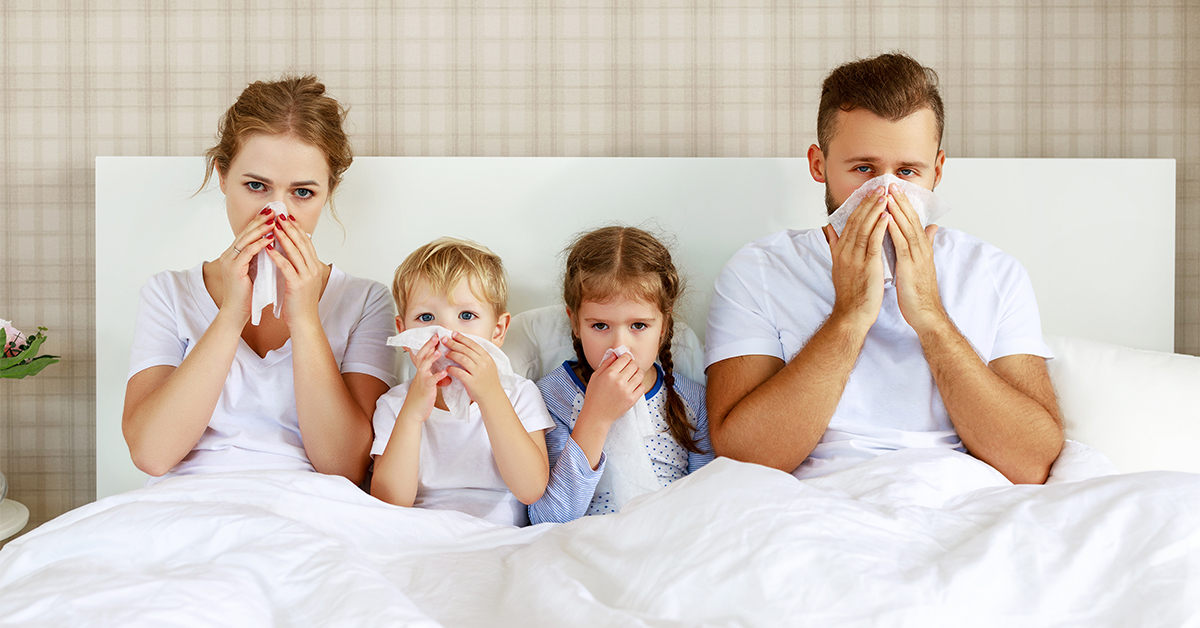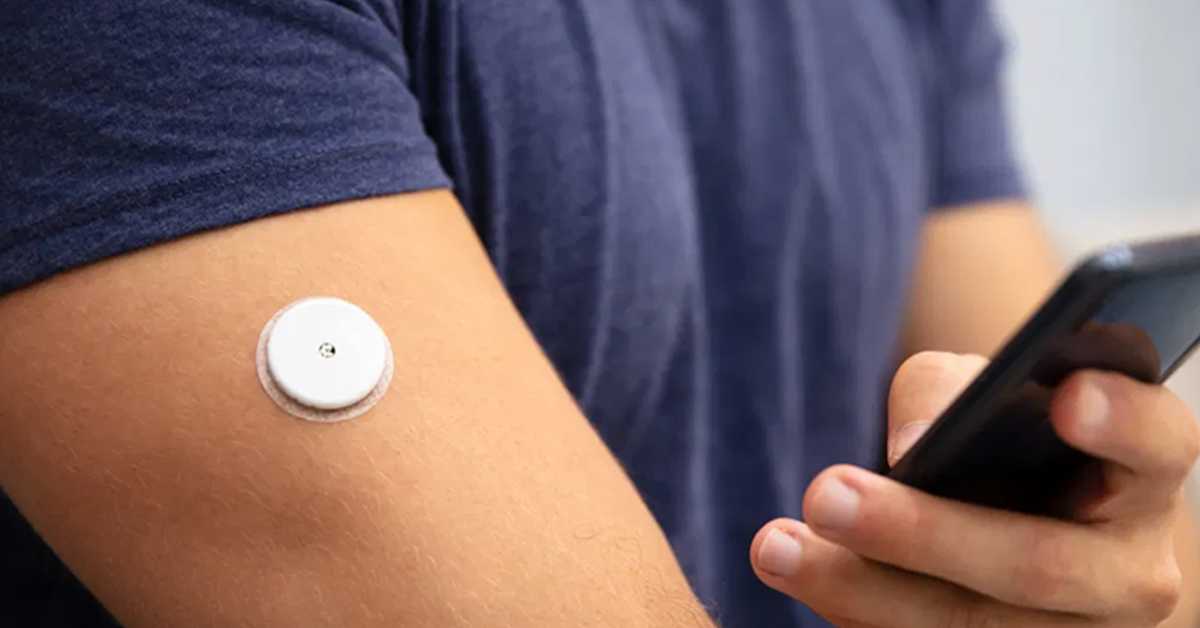Originally, we were going to focus on technology habits and kids. But since most people—children and adults alike—struggle to shut off electronics, we’re broadening our scope. Technology permeates our society today, so there’s really no escaping its use. But most of us can better manage our technology habits.
Importance of limiting screen time
When you Google “limiting technology use,” nearly all of the top articles relate to kids and technology. But all of us can benefit from turning off screens. Here are some of the top reasons (modified from The Concerns About Kids and Screen Time):
Sleep: In today’s 24×7 society, we undervalue sleep. Some people even boast about how little sleep they get. But sleep is critical to our health. Good sleep is connected to physical health, emotional well-being, and longevity. On the flip side, chronic sleep deprivation can lead to troubling medical issues, from obesity and diabetes to heart disease and stroke.
Technology use can disrupt healthy sleep in two critical ways:
- Spending time online prevents us from going to bed at an appropriate hour; and
- Electronic stimulation interferes with both falling and staying asleep.
To reduce the effects of electronic stimulation on your brain, turn on your device’s blue-light filter. Research shows that the blue-wave frequency triggers wakefulness. (See Sleep Better by Using a Blue Light Filter on your Phone or Computer.)
- Social interaction: When you’re using technology—whether it’s connecting on social media, playing a game, or watching TV—you’re often not truly engaging with other people. Screen time is not quality time. As humans, we are social beings. We need other people. When we spend too much time online, we spend too little time connecting with others in real time. Loneliness is becoming an epidemic in the United States, and it peaks in 20 and 50-somethings. New research shows that loneliness is connected to poor mental health, substance abuse, cognitive impairment, and worse physical health, such as malnutrition, high blood pressure, and disrupted sleep. (See The Link between Loneliness and Technology.)
- Social awareness: To connect effectively with people, we need to be able to read their emotions and gauge our responses accordingly. Technology use can interfere with this process. So when we put our phones or tablets down, we’re better equipped for social awareness. For example, a University of California, Los Angeles study of sixth graders found that those who went five days without screen time were significantly better at reading human emotions than kids with regular access to technology.
- Attention: Research shows a likely connection between excessive screen time and attention issues in both children and adults. For kids and young adults, too much time spent watching television and playing video games can double the risk of attention problems, according to a study from Iowa State University. Meanwhile, compulsively checking your phone or favorite websites often means that your attention is diverted away from the task at hand. Productivity can suffer, as can your work quality.
- Physical activity: Sitting in front of a screen for hours on end means…you’re sitting for hours on end. It’s inactivity at its finest. The first line in this research study abstract captures it well: Obesity is one of the best-documented outcomes of screen media exposure.
Ways to reduce screen time
Scrolling through social media, binge-watching Netflix, and reading Welia Health blog posts are enjoyable online pursuits. But to improve your health and well-being, spending less time online is a worthy goal. Below are some suggestions:
- Institute tech-free time: Identify blocks of time as tech-free time so you can connect with your family and friends. Perhaps it’s 6 – 8 p.m. on weekdays or Sunday mornings. Or create a no-tech-at-the-table rule. Instead, go on a bike ride, play a board game, walk the dog, cook together, do an art project, read a book or volunteer. Be consistent and clear about your personal and family rules.
- Turn off tech an hour before bed: Aim to have everyone turn off technology an hour before bedtime. It’s not easy. Think of it as the modern-age “lights out.”
- Keep screens out of the bedroom: Go old-school and get an alarm clock instead of using your phone. Have a charging station in the kitchen, so tablets and phones stay there at night. If you read on an electronic device at night, be sure to use that blue-light filter.
- Set a timer or alarm: Before you start watching TV or scrolling social media, determine how much time you’d like to spend and then set a timer. It’s so easy to lose track of time when you’re online!
- Be self-aware of your own screen time: When someone calls you out on your screen time, pause and reflect. Do you get defensive? Are you realistic about where you’re spending your time? Are you really reading the news or doing work, or are you watching cat memes? There are ways to find out how long you’re spending with certain apps. (See “How to See How Much Time is Spent in Apps on iPhone & iPad.”)
- Watch your screen habits: Do you instinctively grab your phone right when you wake up? Do you check it right after dinner and then spend the next hour online instead of connecting with your kids or spouse? Do you tune into TV once the kids are in bed and then spend the next three hours binge-watching your favorite show? Examine your screen habits and determine where you might want to adjust how you spend your time to maximize your health and well-being. Be a good example for your children!
Navigating technology when it seems to overrun our lives is a challenge. But setting limits for yourself and the ones you love is essential to create healthy habits, meaningful relationships, and connected communities.














